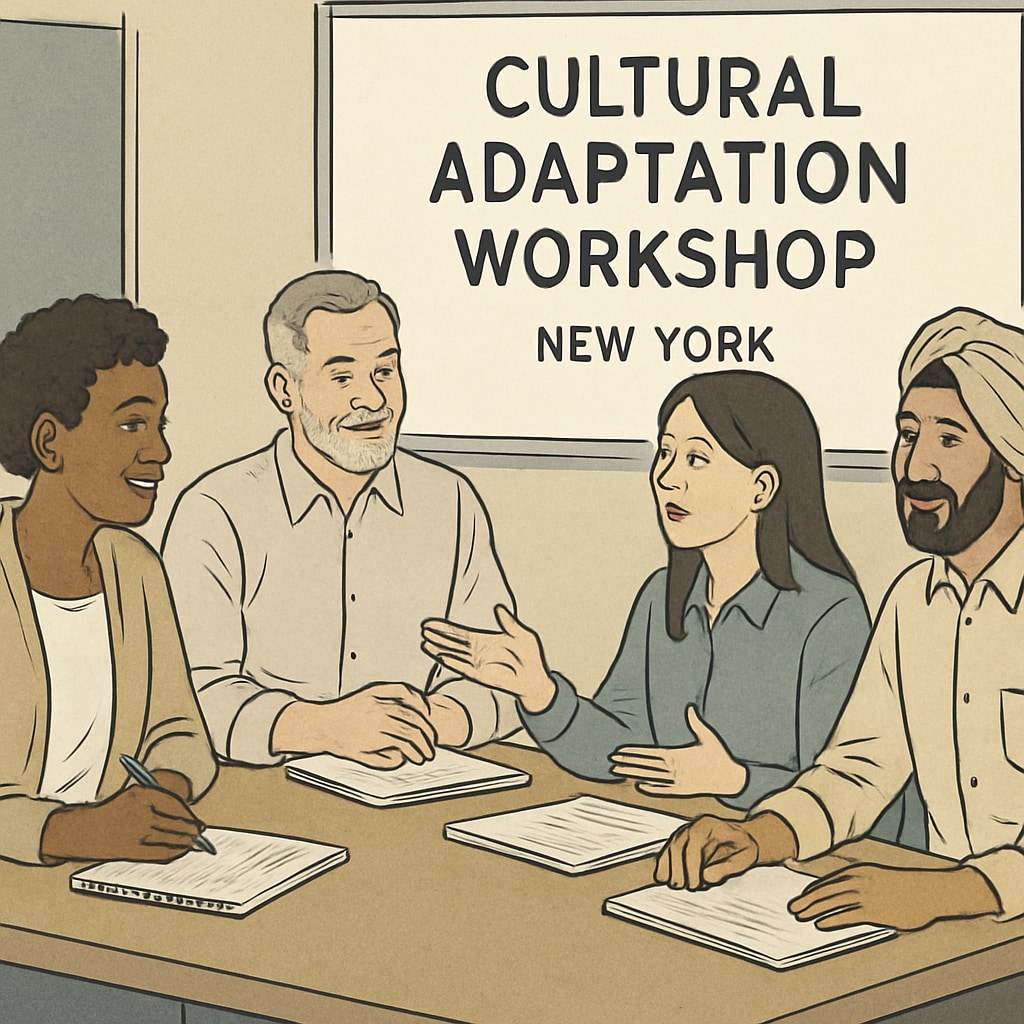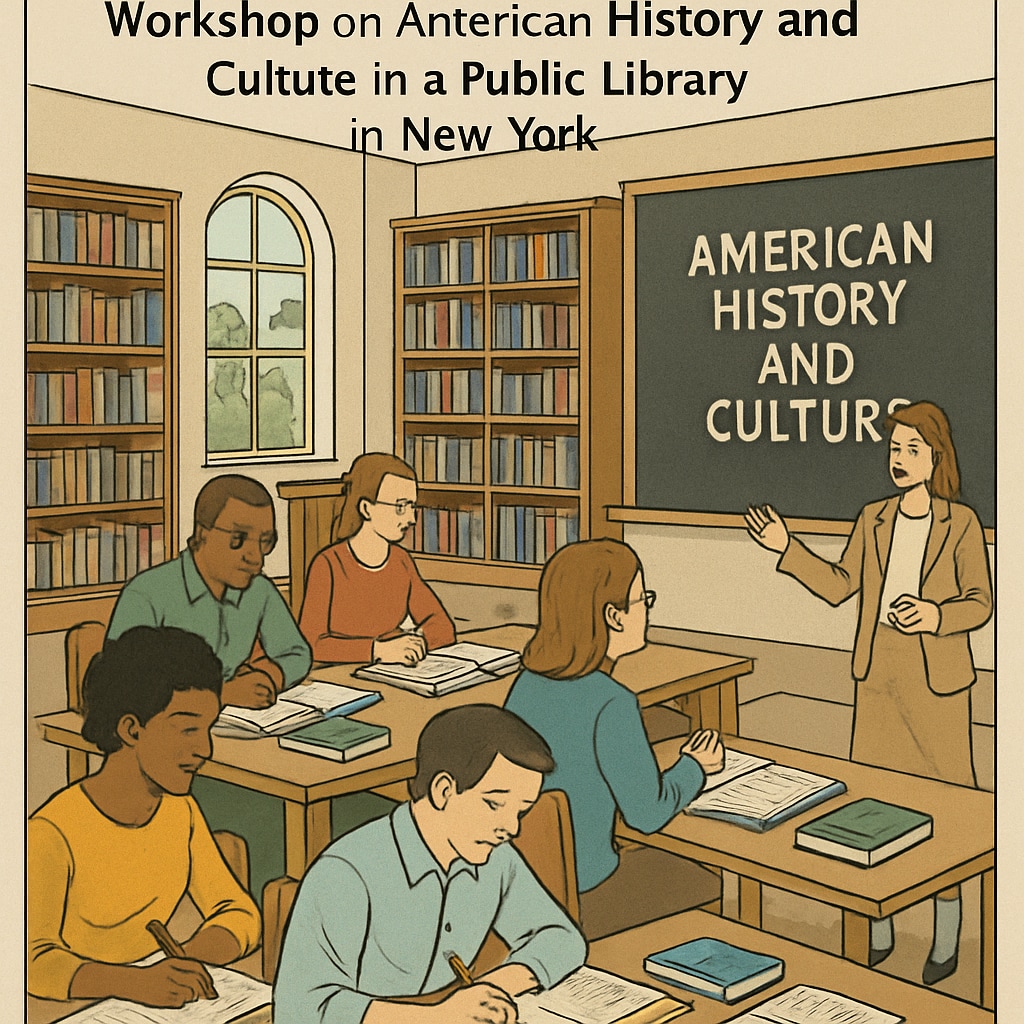In the era of globalization, many international adult learners find themselves navigating unfamiliar cultural landscapes. For those studying or working in New York, bridging the gap in Western foundational knowledge is crucial for effective cultural adaptation and personal development. Fortunately, New York offers a range of educational programs tailored to address these needs. These resources empower adult learners to build a solid understanding of Western culture, history, and societal norms, fostering greater integration and success in their personal and professional lives.
Understanding the Need for Foundational Knowledge
Moving to a new cultural environment often comes with challenges, especially for international students and professionals unfamiliar with Western traditions. Foundational knowledge about history, politics, literature, and social norms is essential for navigating everyday interactions and succeeding in academic or professional settings. Without this, individuals may feel isolated or struggle to connect with peers and colleagues.
New York, as a cultural melting pot, recognizes these challenges and provides several educational opportunities to help adult learners gain this foundational knowledge. From community colleges to specialized workshops, these courses aim to make cultural adaptation a smoother journey.

Top Educational Resources for Adult Learners
New York boasts a variety of resources aimed at international adult learners. Here are some of the most notable options:
- Community Colleges: Institutions like CUNY (City University of New York) offer affordable courses on Western history, literature, and social studies. These programs are designed for adult learners and often include flexible schedules.
- Language and Culture Centers: Schools like the New School provide courses that combine English language learning with cultural studies, integrating topics like American history and societal norms.
- Public Libraries: Libraries such as the New York Public Library offer free workshops on cultural adaptation, including sessions on Western literature and history.
- Workshops and Seminars: Organizations like the YMCA and local cultural centers host seminars on topics like American politics, holidays, and etiquette.
These options cater to a variety of needs, whether you’re seeking a structured program or informal learning opportunities.

How to Select the Right Program
Choosing the right educational resource depends on your specific goals. Consider these factors:
- Learning Objectives: Are you looking to improve your understanding of Western history, or are you more focused on cultural etiquette and societal norms?
- Schedule Flexibility: Look for programs that fit your availability, whether during evenings, weekends, or online.
- Budget: While many public resources are free, some specialized courses may require fees. Compare options to find the best value.
By aligning your goals with the right program, you ensure a more effective and enjoyable learning experience.
The Role of Cultural Adaptation in Personal Growth
Beyond academic and professional benefits, cultural adaptation plays a significant role in personal growth. Understanding Western foundational knowledge allows international learners to connect more deeply with their surroundings, fostering a sense of belonging and confidence. This is especially important in a diverse city like New York, where cultural exchange is part of daily life.
For example, learning about Western holidays or historical events can enhance communication and relationships with peers. Moreover, it opens doors to new perspectives, enriching one’s worldview and fostering a deeper appreciation of different cultures.
As a result, investing in adult education for cultural adaptation is not just about acquiring knowledge—it’s about building bridges across cultures and creating a foundation for lifelong learning and growth.
Conclusion: Taking the First Step
For international adult students in New York, the journey toward cultural adaptation and foundational knowledge begins with taking advantage of the city’s diverse educational resources. Whether through community colleges, cultural workshops, or public library programs, there are countless opportunities to expand your understanding of Western culture and history. By doing so, you not only improve your academic and professional prospects but also enrich your personal life and connections within your community.
Embrace the opportunity to learn, grow, and thrive in one of the world’s most dynamic cultural hubs. Taking that first step toward education is a step toward empowerment and integration in a globalized world.


